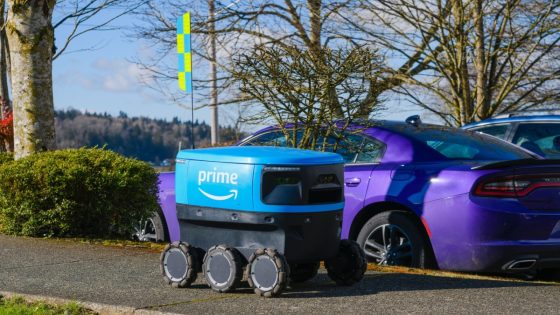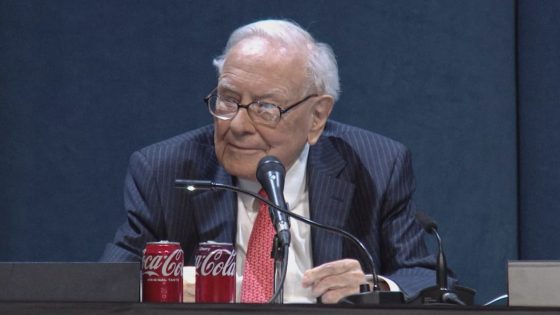The debate surrounding “Made in the U.S.A” products is gaining traction globally, as recent reports reveal a significant decline in international demand. A Texas salesman discovered that many consumers are opting for cheaper alternatives, highlighting a troubling trend in American manufacturing. As of 2025-05-18 16:20:00, foreign markets are increasingly avoiding American-made goods, raising questions about the future of domestic production.
- Texas salesman finds low demand for U.S. products
- Foreign markets shun "Made in America" goods
- American-made products don't guarantee higher sales
- Tariff effects on U.S. manufacturing claims
- Hope for tariffs to boost local businesses
In a series of studies, business owners found that while consumers express a preference for American-made products, they are often unwilling to pay a premium for them. This sobering reality suggests that despite tariffs aimed at promoting local industries, the expected boost may not materialize.
This trend raises critical questions about the sustainability of American manufacturing. Are consumers prioritizing cost over quality? As global markets shift, businesses must adapt to changing consumer behaviors.
- American manufacturers may face increased competition from lower-cost international producers.
- Consumer preferences are shifting towards affordability, impacting local job markets.
- Tariffs could inadvertently harm domestic brands if consumers resist higher prices.
As the landscape evolves, American manufacturers must innovate and find ways to appeal to cost-conscious consumers. The future of “Made in the U.S.A” may depend on balancing quality with affordability.

































